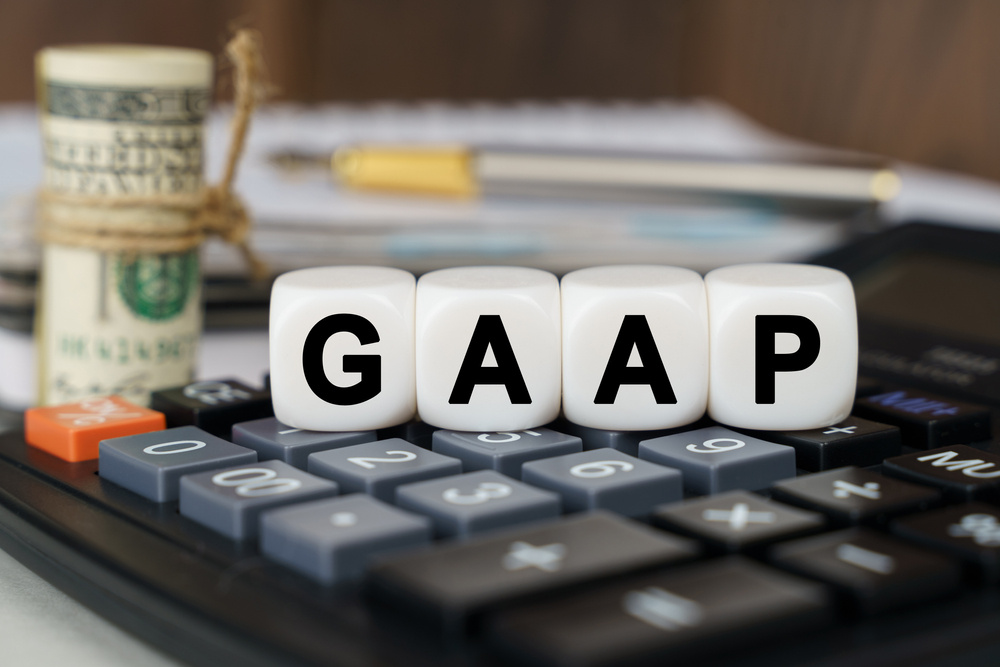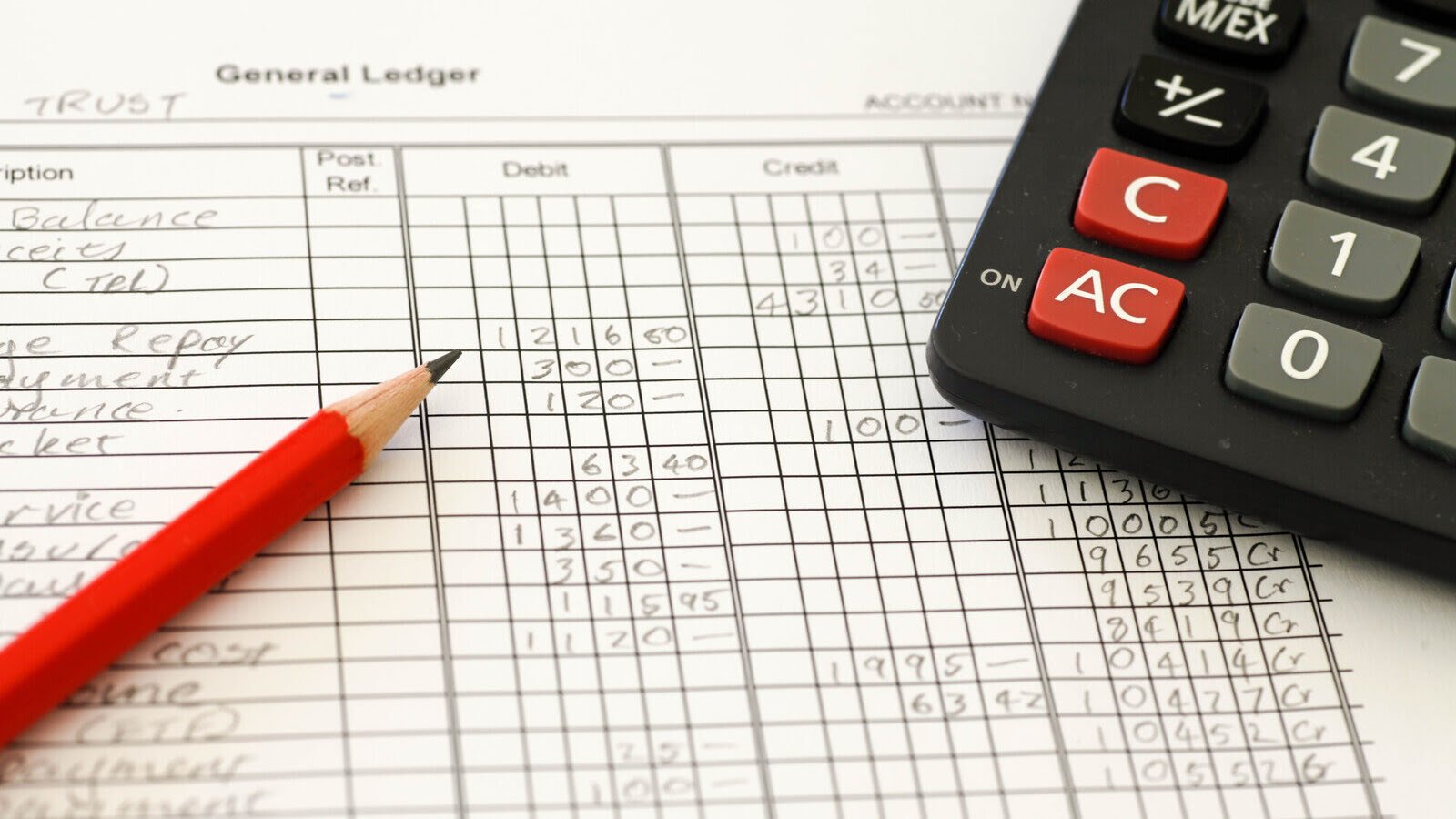If we asked you right now, "Is your business GAAP compliant?" would you know the answer? Should you be? And honestly, do you even understand what GAAP is or if it applies to you?
If you're unsure or the answer is a hesitant no, that's okay. By trade, you're not an accountant, nor do you have an Accounting 101 textbook lying around to double-check if you are or not. And GAAP compliance is probably not a top-of-mind concern when you have a million other things going on in your business.
But here’s why this matters: not knowing could cost you.
If your financials aren't up to standard, you might not find out until it's too late. A bank could reject your loan application, or an investor might hesitate because they're not confident your numbers reflect real financial growth. You may think your books are good enough because you're making money. Still, all it takes is one audit, compliance issue, or bad financial report to throw everything into chaos.
And the worst part? You might not even realize you’re doing anything wrong.
This is where GAAP comes in. It’s not as intimidating as it sounds. While it might seem like a rigid set of rules, understanding GAAP gives you more control over your financials—not less. It's the system that keeps everything standardized so you and everyone else can make smarter business decisions with numbers you can trust.
So, before you brush it off as another acronym, let's talk about what GAAP really means for your business. Because once you understand it, you'll realize it's a tool, not a burden—and one that can help your business grow.
What is GAAP accounting?
What if two investors looked at the same set of financial statements and came to completely different conclusions? One thinks your business is profitable; the other sees a financial disaster unfolding. Without GAAP, that could happen because every company would report their numbers differently, making financial statements impossible to compare or trust.
GAAP (Generally Accepted Accounting Principles) is the standardized rulebook for financial reporting in the U.S. It sets expectations for how businesses track revenue, expenses, and overall financial health. Without GAAP, companies could use their own accounting methods, leaving stakeholders unable to determine their true financial position.
The Financial Accounting Standards Board (FASB) maintains and updates GAAP, ensuring consistent reporting across industries. While private companies aren’t always required to follow GAAP, publicly traded companies must comply to protect investors and maintain transparency.
At its core, GAAP answers a critical question: Can your financial statements be trusted? If the answer isn’t clear, securing funding, managing cash flow, and growing your business becomes far harder than it needs to be.
Why is it important for me to know what GAAP is?
Now that we’ve covered what GAAP is, let’s talk about why it actually matters to your business.
Most business owners assume that if their books balance, everything is fine. After all, numbers don't lie, or do they? Without a standardized system, financials can be interpreted in different ways—leading to costly mistakes, funding issues, and compliance risks. This uncertainty makes it nearly impossible for lenders and investors to trust what they’re seeing. If every business used a different system for tracking revenue, expenses, and profits, how would anyone know what’s real?
This is why GAAP exists. It ensures financial statements are accurate, structured, and comparable, so no one is left guessing.
Lenders, investors, and financial institutions rely on GAAP to assess financial health. If your financials don’t follow standard principles, your business could appear riskier than it actually is, leading to missed opportunities or higher borrowing costs.
But more importantly, GAAP protects you. It gives you a clear picture of your business's financial health, allowing you to make informed decisions about growth, cash flow, and long-term strategy. It's not just about meeting expectations—it's about knowing your numbers are correct.
How can I ensure my business financials are up to standard?
No business owner wants to discover financial errors when it's too late to fix them. The best way to ensure your numbers are accurate, reliable, and GAAP-compliant is to have the right checks before problems arise.
Regular financial audits catch errors and inconsistencies—like inaccurate revenue reporting or misclassified expenses—before they become major issues. Misstating revenue or expenses can lead to tax audits, investor distrust, and even financial restatements that damage your company's credibility. GAAP is designed to prevent these errors by ensuring all financial data follows a standardized, transparent process.
Working with a qualified accountant keeps your books accurate and GAAP-compliant, reducing the risk of audits or regulatory scrutiny. And if hiring an accountant isn’t feasible, GAAP-compliant accounting software can automate tracking, flag discrepancies, and generate accurate reports.
How can having properly recorded financials allow me to do more with my business?
Every decision you make—hiring, expansion, and managing cash flow—depends on having the right financial information at the right time. But if your records are a mess, how do you know if you're making the right call?
Properly recorded financials give you visibility into your business's financial health, allowing you to make confident decisions confidently.
With GAAP-compliant financials, you can:
- Plan for growth by forecasting revenue and expenses.
- Secure financing without scrambling to clean up your books.
- Identify profit leaks and cost-saving opportunities.
- Avoid tax surprises by keeping your records audit-ready.
When your financials are GAAP-compliant, you don’t second-guess decisions—you make them with confidence. Growth, funding, and expansion become real opportunities, not financial risks.
Do I need to keep my books on GAAP?
If your financials aren’t GAAP-compliant and your business is required to follow it, you’re setting yourself up for serious problems. Publicly traded companies must comply with the law, and many private businesses must follow GAAP when working with lenders or operating in regulated industries.
When is GAAP compliance required?
- Public companies must follow GAAP.
- Under IRS rules, businesses with over $5 million in revenue must use accrual accounting, which aligns with GAAP principles.
- Businesses holding more than $1 million in inventory must also use accrual accounting, requiring GAAP-aligned reporting.
- Lenders and investors often require GAAP financials before approving funding.
- Some industries have mandatory GAAP requirements (such as healthcare, financial services, and government contracting).
- Businesses bidding on major government contracts may also be required to present GAAP-compliant financials to meet strict financial reporting standards.
Even if GAAP isn’t legally required for you, that doesn’t mean you’re off the hook. Many lenders won’t approve loans without GAAP-compliant statements. Investors may hesitate if your numbers aren’t standardized. And if you ever plan to sell, a lack of GAAP compliance could lower your valuation or kill a deal entirely.
Waiting until GAAP compliance is required is a costly mistake. Fixing years of non-compliant financials under pressure is expensive and time-consuming. By the time you realize you need GAAP, it might already be too late.
Who would want me to keep my books on GAAP?
Your financial records aren’t just numbers for your eyes only. Lenders need GAAP-compliant records to assess risk, approve loans, and set borrowing terms. If your financials don’t meet their standards, you could be denied funding or forced to pay higher interest rates.
Investors and stakeholders want accurate numbers; they need financial reports that can easily be compared across different businesses. Without reliable records, they won't take the risk. Regulators and tax authorities also scrutinize financial records to ensure compliance and non-GAAP financials could lead to audits, penalties, or legal issues.
Even potential buyers will examine your books before making an offer. If your records are inconsistent or unclear, you could lose leverage or kill the deal entirely.
GAAP compliance ensures your financials inspire confidence—not doubt.
The bottom line
Failing to meet GAAP standards can lead to costly mistakes and missed opportunities. If your financials aren’t up to standard when lenders, investors, or regulators demand them, the consequences can be costly and time-consuming. The best time to ensure compliance is before you need it.
At DiMercurio Advisors, we specialize in helping businesses become GAAP-compliant so they're prepared for funding, audits, and future growth. Whether you need a full GAAP overhaul or a second opinion, our team can help you identify gaps, correct errors, and keep your financials in top shape.
Let’s take a closer look together—before a lender or investor does. Contact us today to ensure your financials meet GAAP standards.








